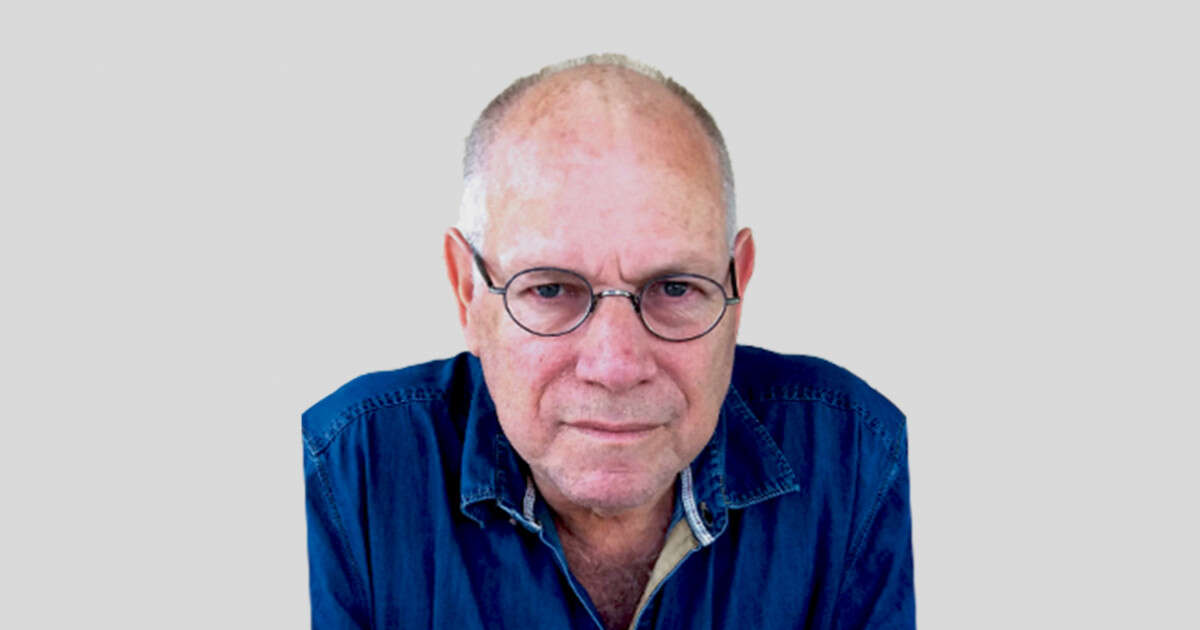People like Prof. Ze'ev Sternhell are identified as personal according to the articles and opinions they publish, according to a public show and by their well-known books. But in Sternhell, perhaps like other well-known intellectuals, there were other layers. Even people who were completely polarized in their opinions testified that he was a respectable person. A friendly and tolerant person who could have a conversation especially in the academic and intellectual sphere with dissidents, not to say the right-wingers. He also knew how to preserve his Jewish identity in the simplest and everyday ways, contrary to his image as a religious and settler scoundrel. Behind the door next to which a pipe luggage was placed 12 years ago, there was a house for people whose guests were different.
Like many veterans of the veteran generation, he proudly carried his military experience, especially as an operations officer in the command of the late Maj. Gen. Israel Tal, who commanded an armored division in the Six Day War. During the Yom Kippur War, there was a brigade officer of the 274th Brigade on the southern front. One of his last articles in Haaretz about two months ago (April 31) was dedicated to Talik, whom Sternhal considered as a masterpiece of a leader.
As an outspoken political intellectual, he had fierce critics. A great academician said he found it hard to support a professor's principles that made it easier for him to talk to an intellectual from Ramallah than to his brothers in Sderot and Netivot. It was a worldview. The ideological center of gravity of the Hebrew University since Magnes to date has been that Jewish nationalism has something particularly threatening. Perhaps even more dangerous than Marx and the Communists thought, for them, Zionism was merely a reactionary national movement, while in terms of the stream that began in the Alliance, Zionism was also a dark, demonic dimension.
Sternhell specialized in the study of fascism, especially in the French arena. But it brought him into polarized vision. Fascism vs. Anti-Fascism (Antifa); Enlightenment versus anti-enlightenment. And so he read Israeli society, in terms of Western Europe and the dark nationalist movements that grew in it. Dr. Uri Cohen, who has studied the life's work of Sternhell in the political sphere, say professors of the circle 77, centered at the Hebrew University, saw the Likud in terms of fascism. In other words, win Begin and the Likud means a rise in nationalism, fascist Israel and the destruction of socialist dream.
As a member of the party At the time, he worked with Professors Jeremiah Yuval, Menachem Brinker, Dan Horowitz and Moshe Lisk ('77) to bring Israeli society back to the path of development that followed the upheaval. In his book "Building a Nation or Repairing a Company" (1995), Mapai stated There was a social democratic party but a nationalist-socialist movement with an emphasis on nationalist; That is, whenever necessary, socialism retreats against the interest of the nation.
On the right, Sternhell remembers his saying from the late 1980s that someone needed to be ready to go up with tanks on lead. "The Occupation" was the forefront for him, and the war in it was more important than any other dimension in the development of Israeli society.
Born in Poland in 1935, his family was murdered in the Holocaust. According to journalist Ari Shavit, who did a great interview with him when he received the Israel Prize, Prof. Sternhal had an identity problem. It wasn't that he was wavering and confused in his mind as a result, but he went through some upheavals that couldn't help but leave their mark as a fire's fire.
When he lost his family during the war, he was saved by Catholic Christians; And he went through a Christianization process, though he always remembered being Jewish. After the war, he moved to live with a relative in France, and in the early 1950s, he immigrated to Israel as a youth and adopted the Sabra identity. He was an outstanding combat officer in the Golani, especially during the 1956 Sinai War brigade operations. Against the background of his confrontation with religious Zionism, he defined himself as a Zionist writer. "Religious people need the State of Israel? I need the State of Israel!" he said.
Neither fascism nor socialism
2020-06-22T20:59:39.572Z

Amnon LordPeople like Prof. Ze'ev Sternhell are identified as personal according to the articles and opinions they publish, according to a public show and by their well-known books. But in Sternhell, perhaps like other well-known intellectuals, there were other layers. Even people who were completely polarized in their opinions testified that he was a respectable person. A friendly and tolerant person who c...

/cloudfront-eu-central-1.images.arcpublishing.com/prisa/57WJQXB25VEW3N6XHSY63XO6YQ.jpg)






